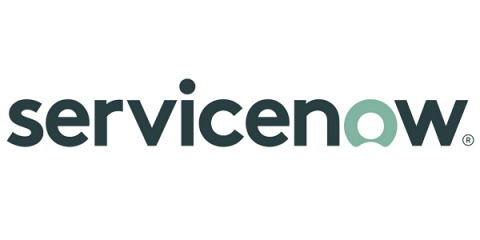Operations | Monitoring | ITSM | DevOps | Cloud
Finance
AVAX vs BNB: Which Is a More Lucrative Investment?
Understanding Your UK Business Energy Bill: Decoding the Jargon and Charges
Know These 3 Things Before You Dive Into the World of Forex
Top tips: 3 ways emerging technologies can transform banking
Top tips is a weekly column where we highlight what’s trending in the tech world today and list out ways to explore these trends. This week, we’re sharing a few tips on how cutting-edge technologies can transform banking. The latest advancements in technology have improved banking in numerous ways. Cashless payments and digital banking have gained immense popularity in the last few years, so that traditional methods of banking are almost obsolete.
How Technology is Reshaping Financial Services
3 ways to cultivate frictionless banking experiences
In the not-too-distant past, banking relationships could last decades—even lifetimes. But times have changed. Traditional banks face competition from a new breed of disruptors, such as global financial technology firms (fintechs), challenger banks, and neobanks. As in virtually every other industry, customer experience (CX) is now a major factor in the decision to stick with a bank or seek an alternative.
Transforming Bank Operations
With the recent advancements in technology and online digital services have transformed the way the banks work. Decades ago, banks used to handle everything on paper and the services opted for were very limited. Services were not unified, and account holders were forced to visit the bank even for small number of deposits or withdrawals or just to raise concerns. Today, technology has penetrated almost every industry and the banking sector is no exception to this undeniable reality.











